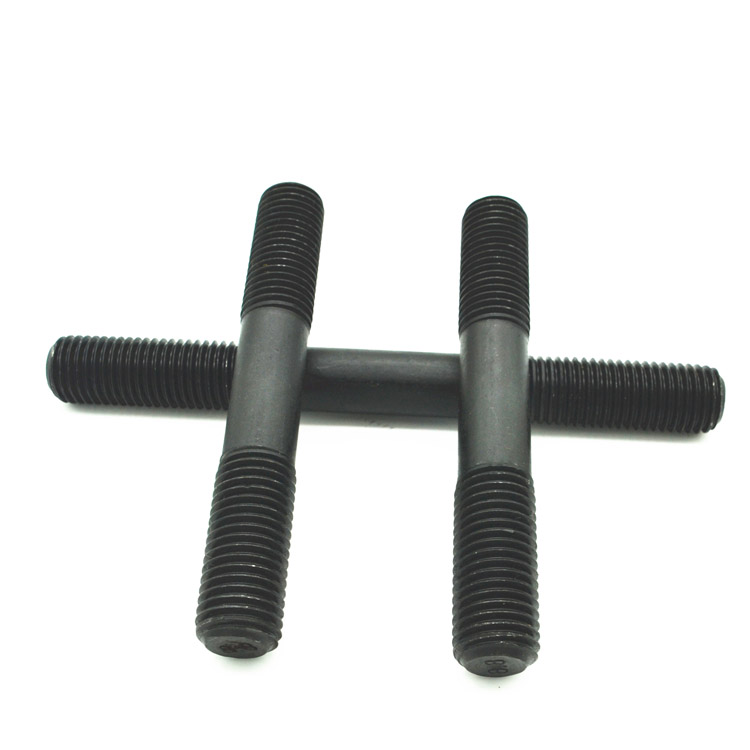Discover the Best Rings and Nuts for Your Next Purchase Decision and Style Upgrade
Jul . 29, 2024 19:29 Back to list
Discover the Best Rings and Nuts for Your Next Purchase Decision and Style Upgrade
The Ultimate Guide to Buying Ring Nuts What You Need to Know
When it comes to hardware, ring nuts are one of those unsung heroes that play a crucial role in many assemblies and applications. Whether you're a DIY enthusiast, a professional mechanic, or someone involved in construction, understanding how to buy ring nuts can help ensure that your projects are secure and dependable. In this article, we'll delve into what ring nuts are, their applications, and essential tips for purchasing the right ones.
What are Ring Nuts?
Ring nuts, often referred to as “lock nuts” or “safety nuts,” are fasteners with a ring-shaped design that allows for secure fastening to a threaded rod or bolt. They are typically used in conjunction with other types of bolts and screws and feature a grooved or serrated interior surface that enhances grip and stability, preventing them from loosening due to vibrations or stress.
Applications of Ring Nuts
The applications of ring nuts are vast and varied. They’re commonly used in
1. Automotive Industry Ring nuts are employed to secure parts in vehicles, from engine components to suspension systems. Their ability to resist loosening is particularly valuable in high-vibration environments.
2. Construction In building structures, ring nuts help in securing beams and supports. They are essential in ensuring that critical components don’t shift over time.
3. Machinery and Equipment Many machines rely on ring nuts to keep various components in place, ranging from household gadgets to heavy industrial machines.
4. Aerospace In the aerospace industry, safety and reliability are paramount. Ring nuts play a crucial role in securing components in aircraft, where they can withstand extreme conditions.
buy ring nuts

Tips for Buying Ring Nuts
1. Material Matters Ring nuts come in various materials, including stainless steel, brass, aluminum, and plastic. The choice of material can significantly affect the strength, durability, and resistance to corrosion. For outdoor or wet environments, stainless steel is often the preferred choice due to its corrosion-resistant properties.
2. Size and Thread Compatibility Always check the size of the nuts you need, ensuring that they are compatible with the corresponding bolt or threaded rod. Measuring the diameter and thread pitch accurately is crucial for a perfect fit.
3. Load Rating Different ring nuts have varying load ratings. Ensure that the ring nuts you purchase can handle the weight and stress of the project you are working on. This is particularly important in sensitive applications like automotive or aerospace.
4. Certification and Standards It’s wise to look for ring nuts that conform to industry standards. Certifications such as ISO, ASTM, or relevant local standards often indicate that the product meets specific quality and safety measures.
5. Supplier Reputation When purchasing ring nuts, opt for reputable suppliers or manufacturers. Check reviews and references to gauge the reliability of the products. A good supplier will also provide clear specifications, warranty, and return policies.
6. Bulk Buying If you find yourself frequently using a specific type of ring nut, consider buying in bulk to save on costs. Many suppliers offer discounts for larger orders, allowing you to stock up without breaking the bank.
Conclusion
Buying the right ring nuts is essential for ensuring the safety and reliability of your projects. By understanding the different types available, their applications, and keeping in mind crucial purchasing tips, you can make informed decisions that enhance the integrity of your work. Whether you are fixing a car, building a structure, or assembling machinery, ring nuts are invaluable tools that should not be overlooked.
Latest news
-
High-Quality Panel Stud Bolt Reliable Panel Stud Bolt Factory & Suppliers
NewsJul.08,2025
-
High-Precision Fine Thread Locknuts Manufacturer & Supplier Custom Solutions
NewsJul.08,2025
-
PH Imperial Stud Bolt – High Strength Fasteners from Leading Supplier & Factory
NewsJul.07,2025
-
High-Quality Allen Wrench Bolts Leading Factory, Company & Suppliers
NewsJul.07,2025
-
Wholesale Ball Stud Bolt - High Quality Supplier & Factory Price Reliable Wholesale Ball Stud Bolt Company
NewsJul.06,2025
-
High-Strength Alloy Bolts Manufacturer & Supplier Quality Alloy Fasteners Factory
NewsJul.06,2025
